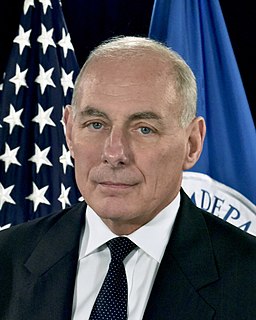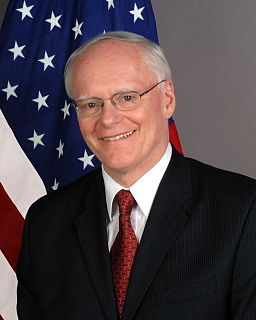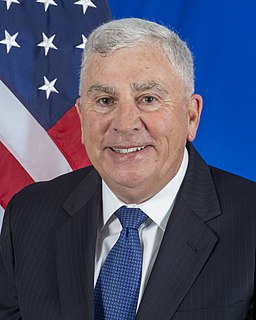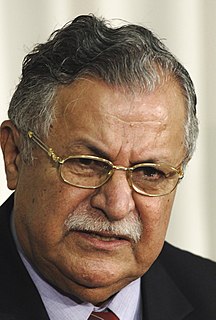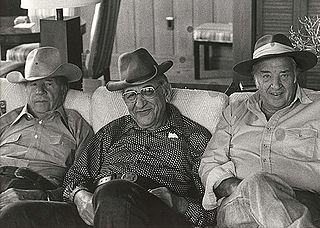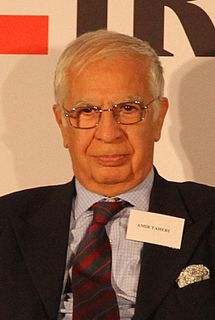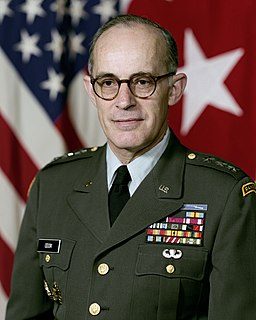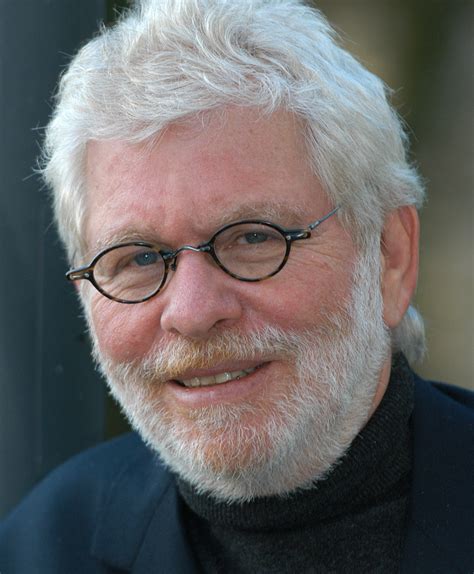Top 121 Sunni Quotes & Sayings
Explore popular Sunni quotes.
Last updated on April 14, 2025.
Let me begin by saying that we have to understand who ISIS is. ISIS is a radical Sunni group. They cannot just be defeated through air strikes. Air strikes are a key component of defeating them, but they must be defeated on the ground by a ground force. And that ground force must be primarily made up of Sunni Arabs themselves, Sunni Arabs that reject them ideologically and confront them militarily.
[A conflict of Sunni vs. Shia] is in the mind of the Saudis, and this is in the minds of the Wahabists.
[The Iranians] actually what they are doing is the opposite. They tried to open channels with the Saudi, with many other Islamic entities in the region in order to talk about Islamic society, not Sunni and Shi'ite societies.


